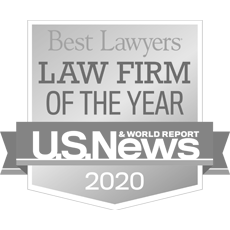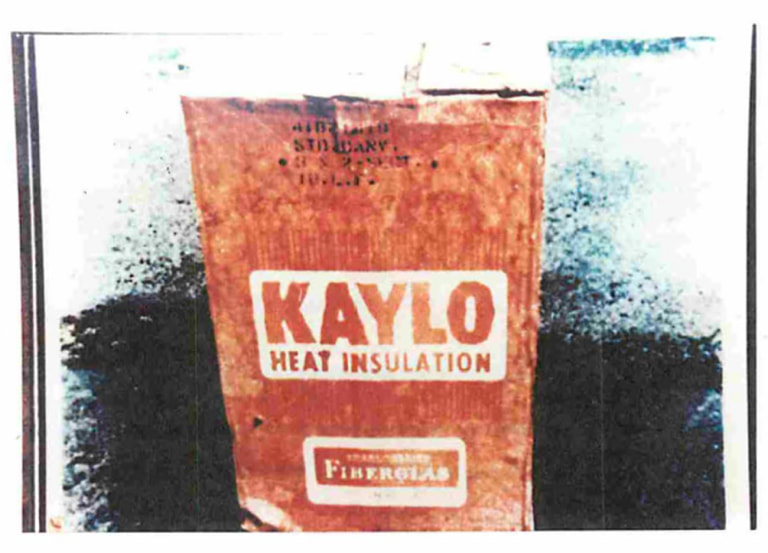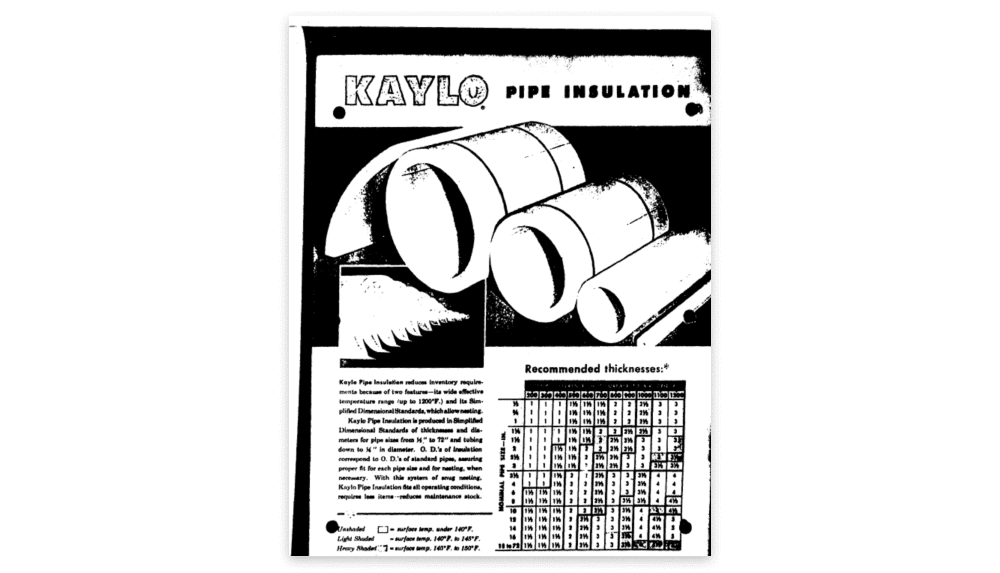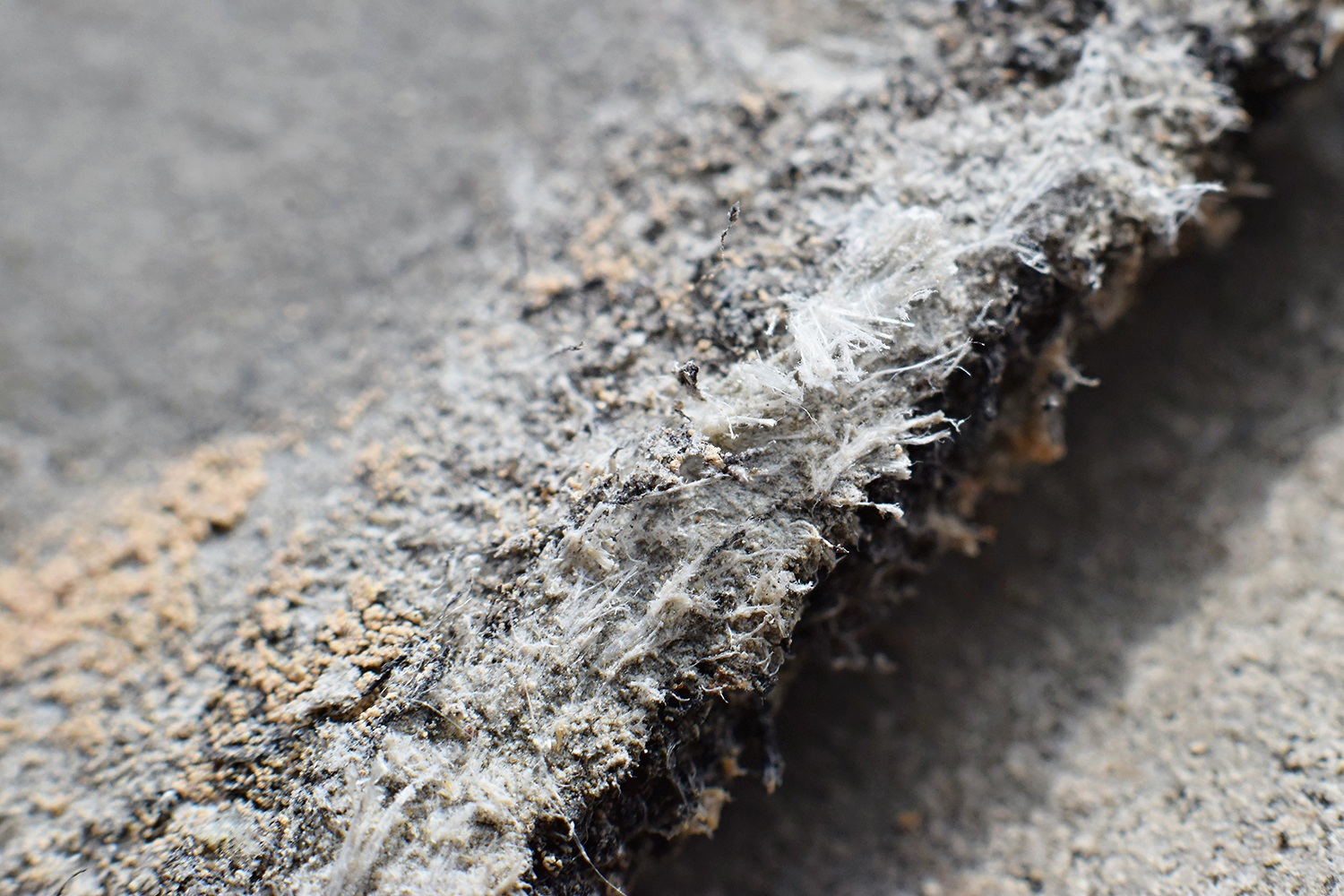Get A Free Legal Consultation
- We fight to maximize your results
- Many clients get results in as few as 90 days
- No out-of-pocket costs for you or your family






Owens Corning Fiberglas Corporation sold and manufactured various asbestos products between 1953 and 1972. After facing thousands of asbestos lawsuits, the company filed for bankruptcy protection in 2000 and formed an asbestos trust fund in 2006.
If you’ve been diagnosed with mesothelioma after working with or around Owens Corning asbestos products, you may be eligible for compensation. Call (800) 326-8900 now to determine your eligibility during a free legal consultation.
Based out of Toledo, Ohio, Owens Corning Fiberglas Corporation was formed in 1938 from the Corning Glass Company and Owens Illinois Glass Company.
Although the company used asbestos in various products and building materials, Owens Corning is perhaps most known for the asbestos-containing insulation that they sold from 1953 to 1972.
In 1953, Owens Corning entered a sales agreement with Owens Illinois for substantial distribution rights to their asbestos-containing Kaylo® insulation product. Five years later, Owens Corning bought the Kaylo division, allowing them to manufacture and sell the asbestos insulation as well.
The company removed asbestos from its products in 1972 — but the damage had already been done. Thousands of workers, consumers, military service members and their families had been exposed.


In 1981, the first Owens Corning asbestos lawsuit was filed against the company. By the late ’90s, the asbestos lawsuits filed against the company numbered well into the thousands. To resolve all of these lawsuits, Owens Corning sought bankruptcy protection in October 2000.
As a condition of filing for Chapter 11 bankruptcy, the company had to create an asbestos bankruptcy trust fund to provide compensation to future victims of exposure to Owens Corning asbestos products.
In October 2006, the Owens Corning Fibreboard Asbestos Personal Injury Trust was established.
Since August 27, 2007, the Owens Corning asbestos trust fund has accepted claims from those who suffer from asbestos-related illnesses as a result of exposure to the company’s products.
If you worked with or around Owens Corning asbestos products and have since been diagnosed with mesothelioma, contact us today. You may be eligible for compensation.


Because of its natural strength, electrical resistance and fireproof properties, asbestos was commonly used in a variety of construction and building materials.
Owens Corning manufactured and sold a variety of asbestos products, including:
In 1972, Owens Corning stopped using asbestos in their insulation products, though these products may still be in use in some settings (like older structures or ships built before the company stopped using asbestos).
In addition to those who worked at Owens Corning, many different roles may have come in contact with Owens Corning asbestos products and building materials since they were used in commercial, residential and industrial settings. Asbestos-containing Kaylo insulation was also commonly used on U.S. Navy ships.
The following occupations may have put people at risk of exposure to Owens Corning asbestos products:
Unfortunately, workers in these positions may have unknowingly brought asbestos fibers home with them, exposing their loved ones as well.


If you worked with or around Owens Corning asbestos products and were later diagnosed with mesothelioma, you may be able to hold the company accountable and pursue compensation for your illness — and we may be able to help.
As a leading national mesothelioma law firm, Simmons Hanly Conroy has helped thousands of families affected by asbestos exposure across the country get the results they deserve.
Over the last 20 years, our attorneys have recovered over $9.3 billion on behalf of clients with mesothelioma.
Get a free legal consultation or call (800) 326-8900 today to learn more about how we can help. There’s no cost or obligation to speak with our team.
If you or a loved one was diagnosed with mesothelioma after being exposed to Owens Corning asbestos products, you may be eligible for compensation from the company’s bankruptcy trust fund and any other asbestos companies responsible for your illness.
During a free legal consultation, a member of our team can let you know what your legal options are. Contact us today to get started.
In 1972, Owens Corning stopped using asbestos in their insulation products, after decades of utilizing the toxic mineral.